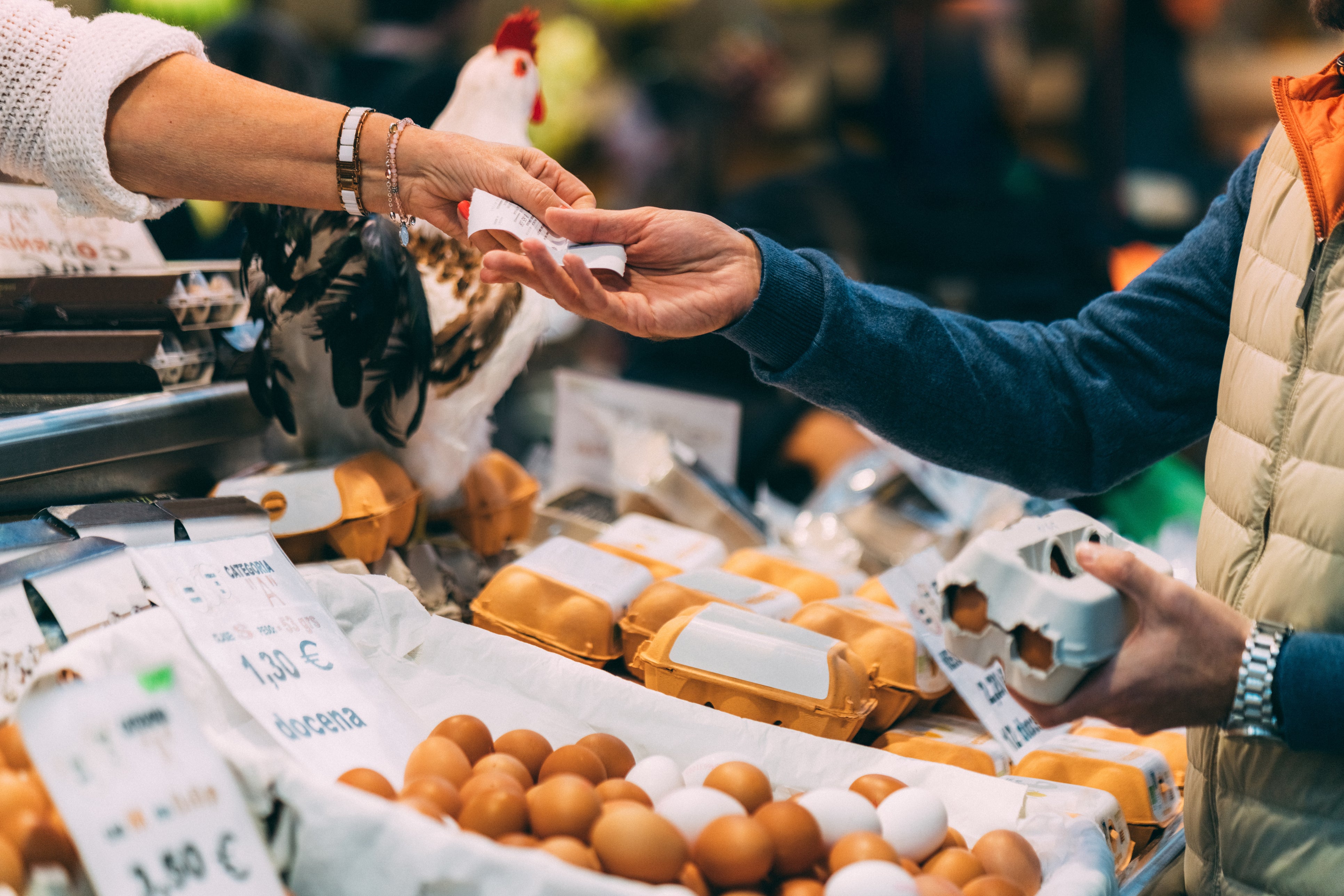
Stocks of olive oil, tomatoes and risotto rice are all at risk as Northern Italy experiences its worst drought in 70 years.
The country has declared a state of emergency in five northern regions, with more than 30 per cent of Italy’s agricultural production threatened, according to its largest agricultural union, Coldiretti.
Half of the farms in the Po valley, where a third of Italy’s crops are grown, are also at risk along with apricots, peaches and pears.
Speaking about the region earlier this week, Italy’s agriculture minister Stefano Patuanelli warned: “We’re talking about the cultivation of fruit, vegetables, tomatoes and cereals, especially corn and rice,” as well as the breeding farms that produce the region’s famed Parmesan cheese and prosciutto.
Walter Zanre, the UK managing director of olive oil specialist Filippo Berio, also told The Grocer trade journal: “Unless it rains very soon, the olive crop will be dramatically reduced.”
Compared with southern Italy, the north is not used to drought conditions and does not benefit from the irrigation systems used to combat hot and dry weather in place elsewhere in the country.
Food supply issues are expected to further impact the cost of living crisis, with severe price rises predicted by industry experts.

Kyle Holland of market research group Mintec warned that Italian production of olive oil could shrink by 20 to 30 per cent compared to last year.
He told The Guardian that there could be a “substantial dent in global supply” of the cooking staple.
The news comes as food prices continue to rocket across the UK due to soaring inflation, Brexit and a cost of living crisis.
Economists from the LSE Centre for Economic Performance found that the UK’s departure from the EU caused a six per cent increase in British food prices.
According to retail data company Kantar, shoppers can expect to spend £380 more on their grocery bills this year as food price inflation hits a 13-year high.
The cost of food is now at its highest rate since 2009, adding to rising costs for gas, electricity and petrol.
And in May, the Office for National Statistics found that the price of pasta had risen by 50 per cent since last year.
Simon Roberts, Sainsbury’s chief executive, has also warned that pressure on household budgets “will only intensify over the remainder of the year” as he vowed to invest more money into improving value for shoppers.
“We really understand how hard it is for millions of households right now and that’s why we are investing £500m and doing everything we can to keep our prices low, especially on the products customers buy most often,” he said.







